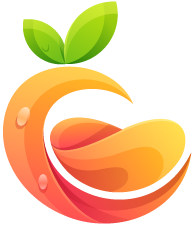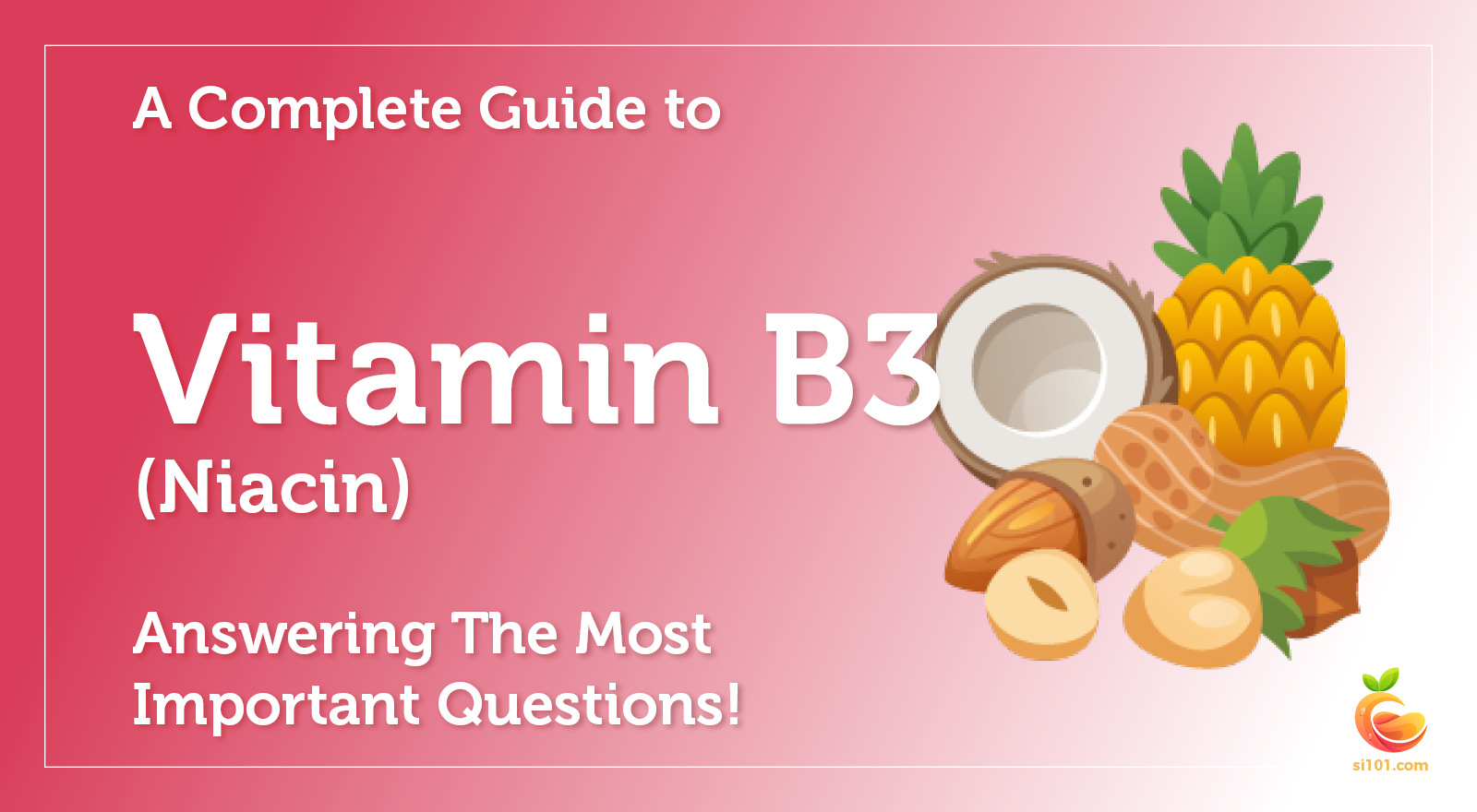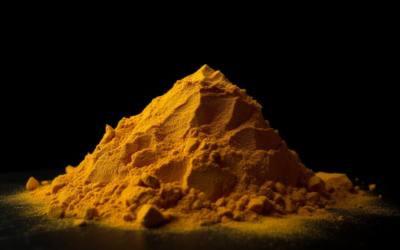Vitamin B3, also known as Niacin, is an essential nutrient that plays a key role in many bodily functions. It is important for proper nutrition and health, and it can be found in a variety of foods. This comprehensive guide will provide you with everything you need to know about Vitamin B3, including its health benefits, side effects, deficiency symptoms, sources of Vitamin B3, recommended dietary allowance (RDA), food sources of niacin and supplements for Vitamin B3 deficiency. With this information at your fingertips, youll be able to make informed decisions about your diet and nutrition.
What are the health benefits of niacinamide?
Niacin, also known as Vitamin B3, is an essential nutrient that helps keep our bodies healthy. It plays a role in many bodily functions, including energy production and metabolism. Niacinamide is a form of niacin that has been found to have numerous health benefits. In this article, we will discuss the health benefits of niacinamide and how it can be obtained through diet or supplements.
Niacinamide has been found to have several potential health benefits, such as reducing inflammation and improving skin health. Studies have shown that niacinamide may help reduce inflammation associated with arthritis and other inflammatory conditions. Additionally, research suggests that niacinamide may improve skin barrier function by increasing ceramides in the skin, which can help protect against environmental damage from UV rays and pollutants. Niacinamide may also help reduce acne breakouts by decreasing sebum production in the skin.
In addition to its potential health benefits, niacinamide is an important part of a balanced diet. The Recommended Dietary Allowance (RDA) for adults aged 19-50 years old is 16 mg per day for men and 14 mg per day for women. Food sources of niacin include meat, fish, poultry, eggs, nuts and seeds, legumes (beans), fortified cereals and grains products like breads and pastas made with enriched flour or whole wheat flour are all good sources of vitamin B3/niacin too! If you’re not getting enough through your diet alone or if you’re at risk for deficiency symptoms such as fatigue or poor concentration due to certain medical conditions then supplementation may be necessary – speak to your doctor about what’s best for you before taking any supplements though!
What is the recommended dosage of niacinamide?
Niacin, also known as Vitamin B3, is an essential nutrient that plays a role in many bodily functions. It is important for energy production, healthy skin and hair, proper digestion, and nerve function. Niacin is found naturally in foods such as fish, poultry, eggs, nuts and seeds. Additionally, it can be taken as a supplement to increase intake of this important vitamin.
When it comes to niacin dosage recommendations, the Recommended Dietary Allowance (RDA) for adults 19 years and older is 16 mg per day for men and 14 mg per day for women. For pregnant or lactating women the RDA increases to 18 mg per day. If you are taking niacin supplements it’s best to start with a low dose of 10-25 mg daily and gradually increase your intake over time up to 500-1000mg daily if needed. It’s important to talk with your doctor before starting any supplement regimen as too much niacin can cause side effects such as flushing of the skin or stomach upset.
It’s also possible to get enough niacin from food sources alone without having to take supplements. Good sources of dietary niacin include liver and other organ meats lean beef tuna salmon fortified cereals enriched breads legumes like beans and peas mushrooms peanuts and peanut butter avocados sunflower seeds spinach broccoli tomatoes and potatoes among others. Eating a balanced diet rich in these foods should provide adequate amounts of niacin without needing supplementation unless you have been diagnosed with a deficiency or have specific health concerns related to this vitamin which require additional supplementation under medical supervision.
What are the functions of niacinamide in the body?
Niacin, also known as Vitamin B3, is an essential nutrient that plays a role in many bodily functions. It helps to convert food into energy and is involved in the metabolism of fats and proteins. Niacin also supports healthy skin, hair, eyesight, and nerve function. In addition to these benefits, niacin has been linked to improved cholesterol levels and may help reduce the risk of heart disease.
The Recommended Dietary Allowance (RDA) for niacin is 14-16 mg per day for adults. Good sources of niacin include meat, fish, eggs, dairy products, nuts and seeds, legumes such as beans and lentils, whole grains such as oats and wheat germ, fortified cereals and breads. Supplements are available for those who do not get enough from their diet or have a deficiency due to medical conditions or medications.
It’s important to note that too much niacin can cause side effects such as flushing of the skin or stomach upset. If you take supplements it’s best to consult with your doctor first before taking any large doses of niacin or other vitamins/minerals. A deficiency in niacin can lead to symptoms such as fatigue, depression and poor concentration so it’s important to make sure you are getting enough through your diet or supplements if needed.
How should niacinamide be taken?
Niacin, also known as Vitamin B3, is an essential nutrient for the human body. It plays a vital role in energy production and metabolism, as well as providing numerous health benefits. Taking niacinamide correctly can help ensure that you are getting the most out of this important vitamin.
The Recommended Dietary Allowance (RDA) for niacin is 14-16 mg per day for adults. This amount can be obtained through food sources such as meat, fish, eggs, nuts and legumes. For those who may not be able to get enough from their diet alone, taking a supplement may be beneficial. Niacin supplements come in both capsule and tablet form and should be taken with meals to maximize absorption.
It’s important to note that too much niacin can cause side effects such as skin flushing or liver damage. If you experience any of these symptoms after taking niacinamide it’s best to stop use immediately and consult your doctor or healthcare provider. Additionally, if you have a deficiency in Vitamin B3 it’s important to speak with your doctor before beginning supplementation so they can determine the correct dosage for you based on your individual needs.
What are potential risks of consuming too much niacinamide?
Niacinamide, also known as Vitamin B3, is an essential nutrient that plays a key role in many bodily functions. It helps the body convert food into energy and assists with cell growth and repair. While niacinamide can be beneficial for health, consuming too much of it can lead to potential risks.
The Recommended Dietary Allowance (RDA) for niacinamide is 14-16 mg per day for adults. Consuming more than this amount may cause side effects such as skin flushing, nausea, vomiting, abdominal pain and liver damage. Additionally, long-term use of high doses of niacinamide has been linked to increased risk of gout and diabetes.
It’s important to get enough niacinamide from your diet or supplements if you are deficient in this vitamin. Good sources of niacin include beef liver, tuna fish, salmon, sunflower seeds and peanuts. Supplements are also available but should only be taken under the supervision of a healthcare professional due to the potential risks associated with taking too much niacinamide. If you think you may have a deficiency in Vitamin B3 then it’s best to speak with your doctor before making any changes to your diet or supplement routine.
What are natural sources for niacinamide?
Niacin, also known as Vitamin B3, is an essential nutrient that plays a vital role in many bodily functions. It helps to regulate the metabolism of carbohydrates and fats, supports healthy skin and nerves, and aids in the production of hormones. Niacin can be found naturally in certain foods or taken as a supplement. In this article, we will discuss what natural sources for niacinamide are available and how they can benefit your health.
Foods that contain high levels of niacin include meat, fish, poultry, eggs, nuts and legumes. Whole grains such as wheat germ and oats are also good sources of niacin. Fruits like oranges and bananas contain small amounts of niacin but are not considered significant sources. The Recommended Dietary Allowance (RDA) for adults is 14-16 milligrams per day for men and 12-14 milligrams per day for women.
Supplements containing niacinamide may be beneficial if you have a deficiency or need additional amounts to meet your RDA requirements. However, it’s important to talk with your doctor before taking any supplements since some forms can cause side effects such as flushing or nausea when taken in large doses. Deficiency symptoms include fatigue, digestive problems, depression and skin disorders so it’s important to get enough through diet or supplementation if needed. Natural sources for niacinamide provide an excellent way to get the nutrition you need without having to take supplements or worry about potential side effects from them.
Frequently Asked Questions
What are the health benefits of Vitamin BNiacin)?
Vitamin B3, also known as Niacin, is an essential nutrient that helps the body convert food into energy. It has many health benefits, including improving cholesterol levels, helping to regulate blood sugar levels, and reducing inflammation. Additionally, it may help improve brain function and reduce the risk of heart disease.
What are the side effects of taking too much Vitamin B
Taking too much Vitamin B can cause a range of side effects, including nausea, vomiting, loss of appetite, increased urination, tingling or numbness in the hands and feet, dizziness, headaches, rashes and fatigue. In extreme cases it can also lead to liver damage.
What foods contain high levels of Vitamin B
Foods that are high in Vitamin B include fish, meat, eggs, dairy products, nuts and seeds, legumes, and leafy green vegetables. Whole grains such as brown rice and oats also contain Vitamin B. Fortified cereals are another good source of Vitamin B.
How much Vitamin Bhould I take daily according to the Recommended Dietary Allowance (RDA)?
The amount of Vitamin B you should take daily depends on your age, gender, and other factors. The Recommended Dietary Allowance (RDA) provides guidance on the amount of Vitamin B that is generally considered adequate for most people. It is recommended to consult with a healthcare professional to determine the appropriate amount of Vitamin B for you.
Conclusion
Vitamin B3, also known as Niacin, is an essential nutrient for your body. It plays a role in many important processes such as energy production and metabolism. Eating foods rich in niacin or taking supplements can help ensure you get enough of this important vitamin. There are numerous health benefits associated with adequate intake of Vitamin B3, including improved cardiovascular health and reduced risk of certain types of cancer. However, it’s important to be aware that too much Vitamin B3 can lead to side effects such as nausea and skin flushing. If you suspect you may have a deficiency in Vitamin B3, speak to your doctor about the best way to increase your intake safely. Knowing the recommended dietary allowance (RDA) for niacin, food sources of niacin and potential supplement options will help you make sure you’re getting enough Vitamin B3 for optimal health.


